The ALI Blog

Ancient Greek Workshop (2/7/23): ΠΕΡΙ ΛΟΓΟΥ ΜΕΡΩΝ. On the Parts of Speech.
Parts of Speech Workshop Details: You are using Ancient Greek actively, but you also want to talk about grammar? Good news! In this workshop, we
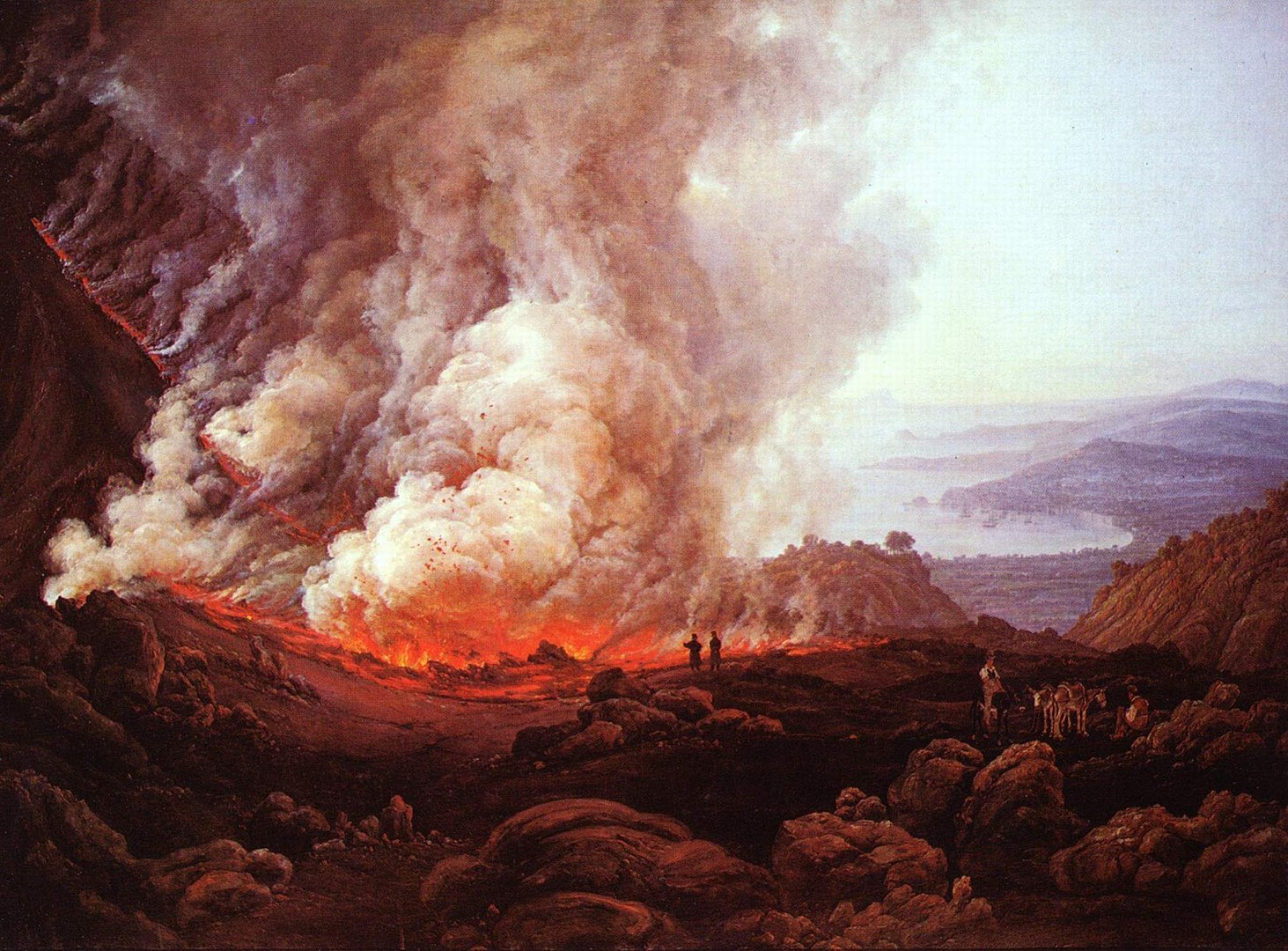
Latin Workshop (1/31/23): Pliny the Younger and the Great Escape
Ēgressī tēcta cōnsistimus. Multa ibi mīranda, multās formīdinēs patimur. Pliny the Younger Workshop Details: In his second letter on the topic, Pliny the Younger –
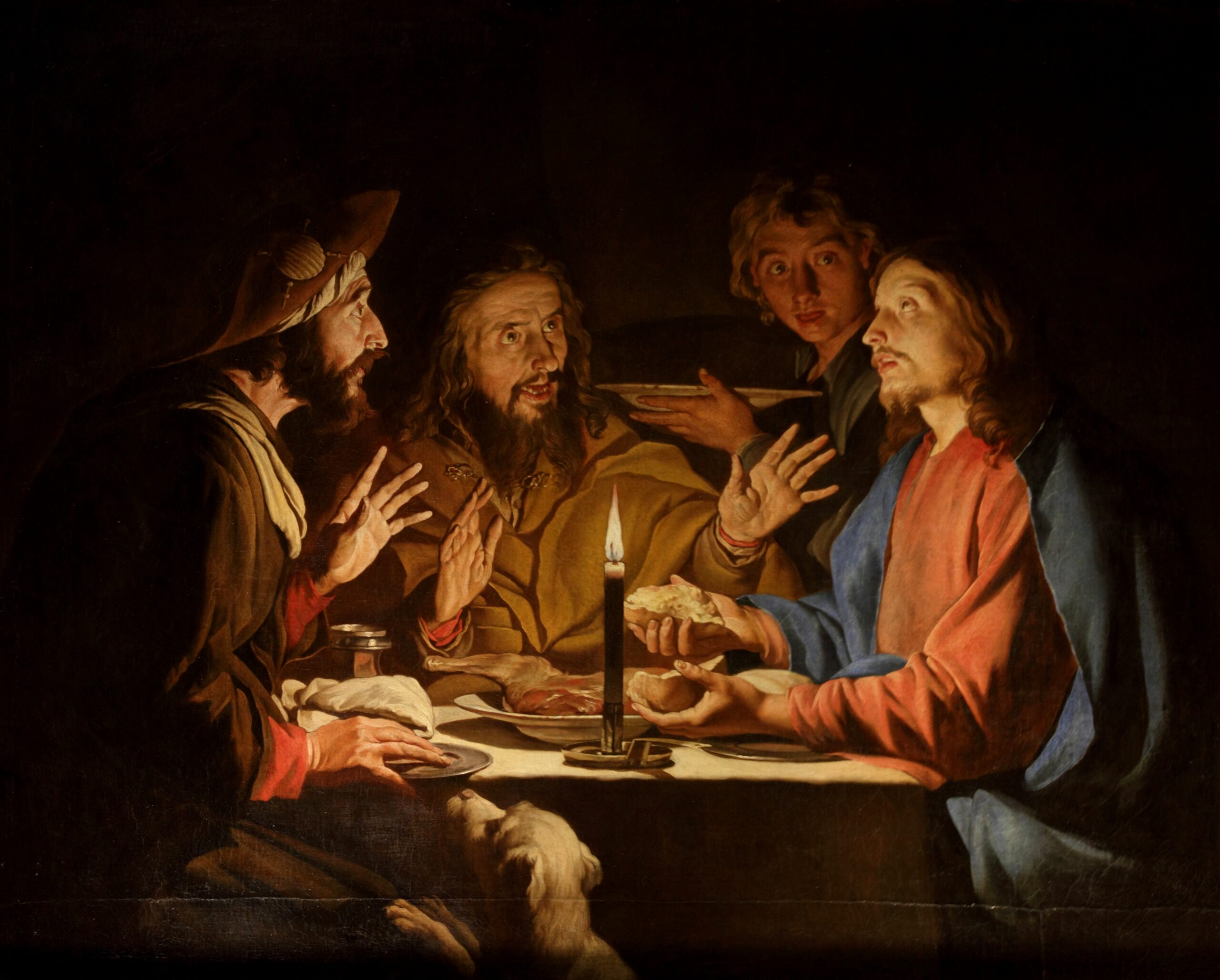
Greek Immersion Camp: Summer 2023
For the first time, the Ancient Language Institute is moving from the internet to the physical world. Come join us in August 2023, for a 10-day Ancient Greek
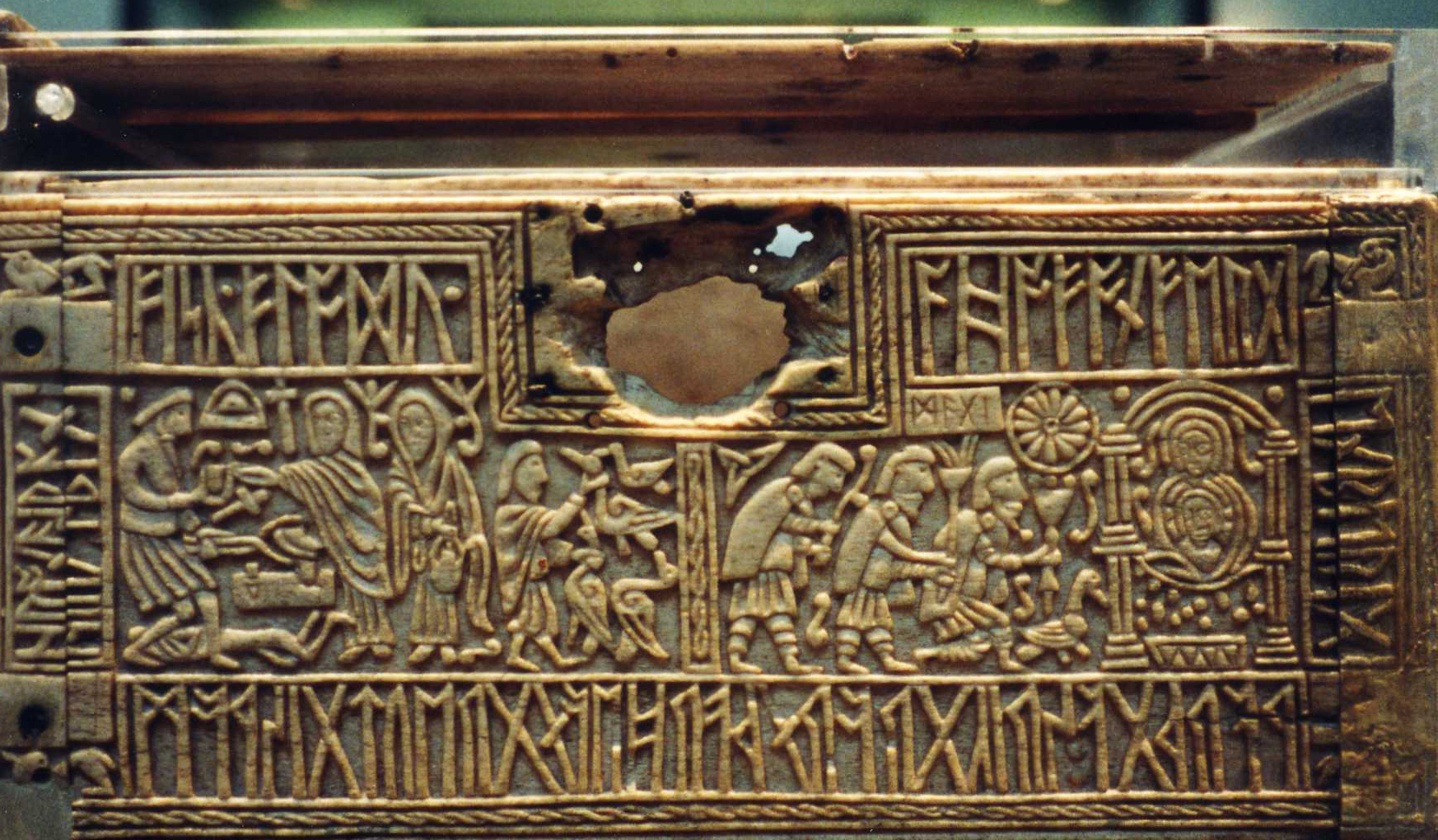
Old English Workshop (12/7/22): The Runic Alphabet
Runic Alphabet Workshop Details: The runic alphabets of the ancient Germanic languages have fascinated students of language and history, as well as the general public,
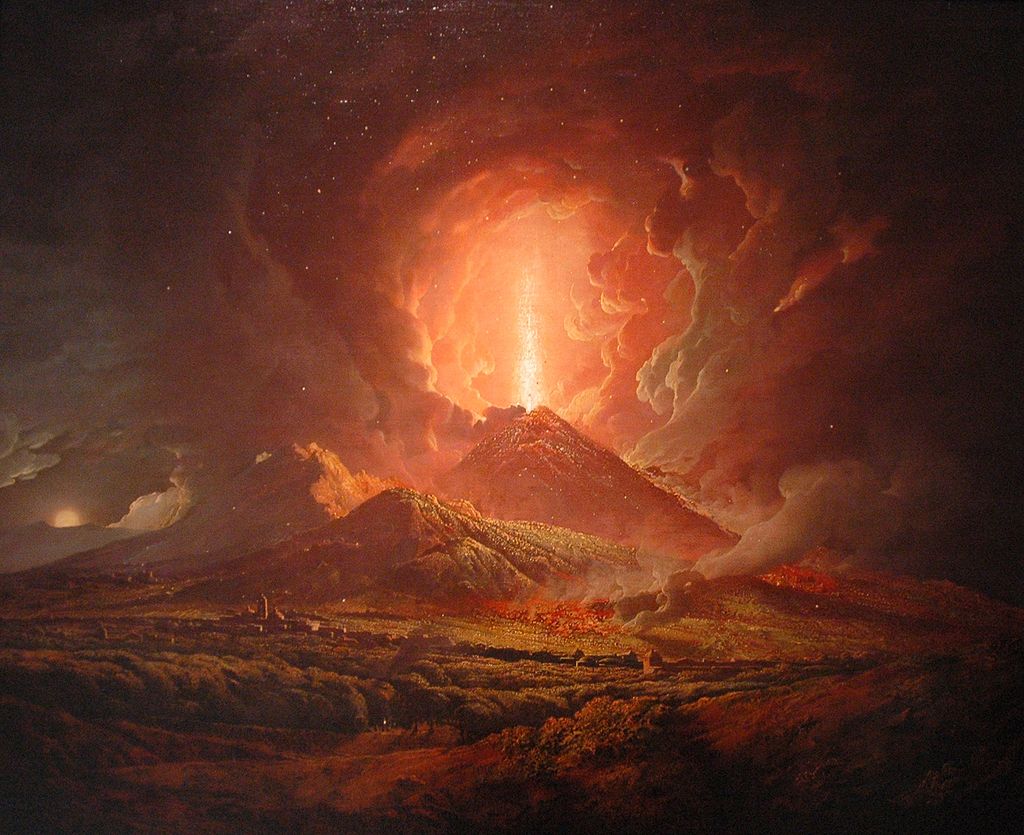
Latin Workshop (11/15/22): Pliny and Vesuvius
Interim ē Vesuviō monte plūribus locīs lātissimae flammae altaque incendia relūcēbant… Pliny the Younger Workshop Details: Date: Tuesday, November 15, 2022 Time: 5:00pm – 7:00pm

Latin Workshop (10/6/22): Cicero in Exile
“Sīc exīstimēs, mē vehementius tuā miseriā quam meā commovērī.” Cicero Workshop Details: Date: Thursday, October 6, 2022 Time: 5:00pm – 7:00pm PDT (8:00pm – 10:00pm
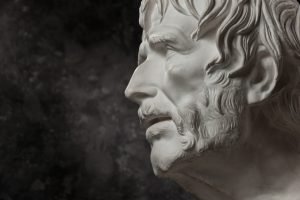
Latin Workshop (8/25/22): Seneca on Old Age
“Pueritiae maximus in exitu decor est.” Seneca Workshop Details: Date: Thursday, August 25, 2022 Time: 5:00pm – 7:00pm PDT (8:00pm – 10:00pm EDT) Location: Online

Ecclesiastical Latin Versus Classical Latin
Almost all resources for teaching and learning Latin focus on ‘Classical Latin’, a term typically referring to texts written between the first century BC and

Latin Workshop (8/18/22): Seneca on Old Age
This workshop is now full. But, due to popular demand, we have added a second meeting time for this workshop. The same workshop will also
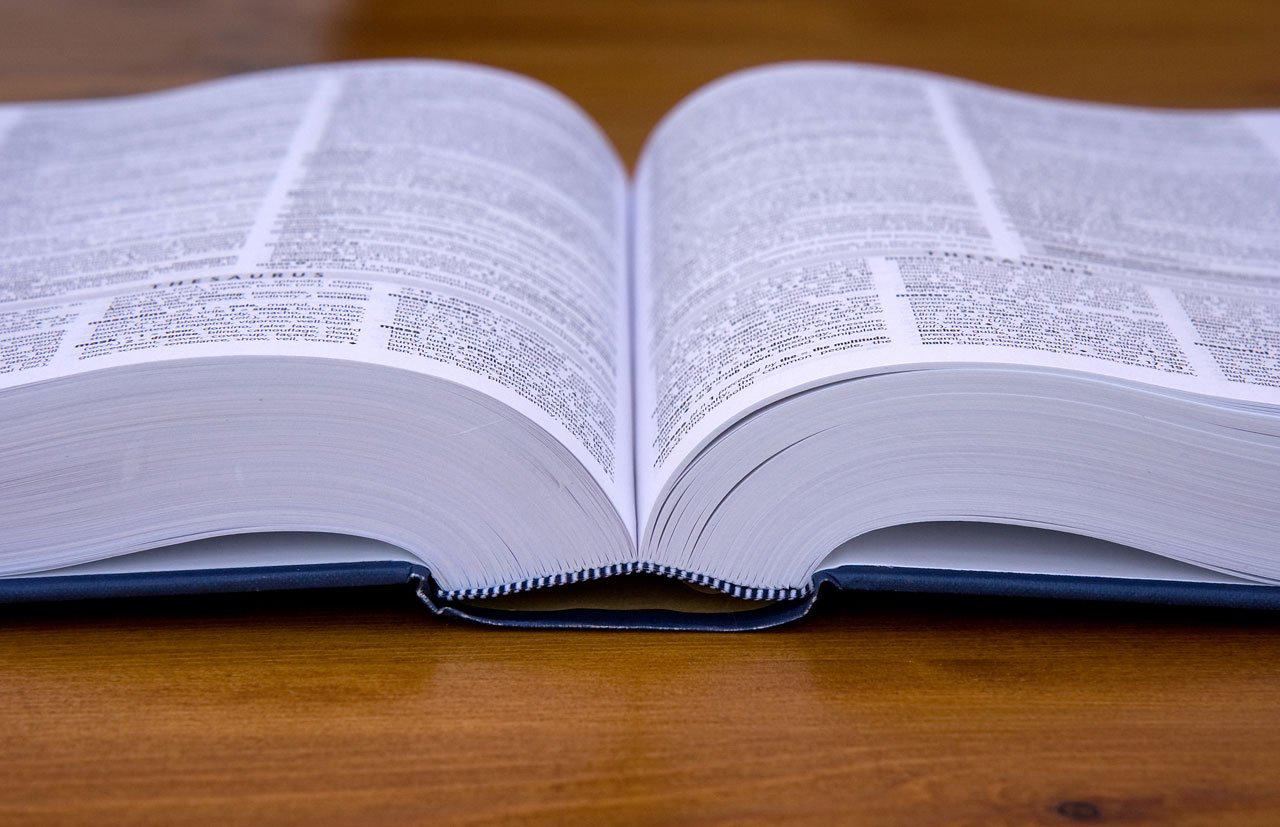
Why the Grammar-Translation Method Does Not Work (And What Does)
I’d like you to picture a young student sitting in a classroom. The subject is Introductory Spanish. On the blackboard is written the name of
